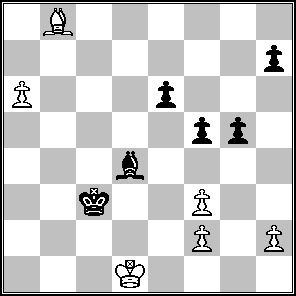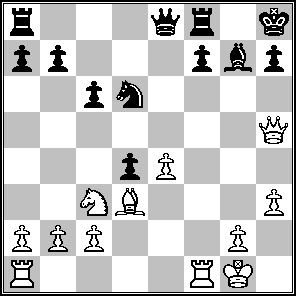Robert J. "Bobby" Fischer was a singularly historic chess player. He remains an icon of unsurpassed chess skill and of the social awkwardness that often afflicts anyone with a single-minded pursuit of a single objective. He died yesterday in Iceland.
When he became a Grandmaster at age 15 in 1958, he was the youngest to achieve that title—a record that stood until 1991 when Judit Polgar achieved the title slightly more than one month younger than Fischer had been. The age of achievement of becoming the youngest Grandmaster ever has fallen frequently in recent years as noted at ChessBase News.
Fischer's battle with Boris Spassky for the World Chess Championship became a minor skirmish in the four-decade long Cold War—a lone American individualist taking on the chess machine of the Soviet Union and winning, winning despite an abysmal start that included a forfeited game due to squabbles about noise and lighting.
After becoming World Champion, Fischer stopped playing tournaments. In 1975, negotiations broke down regarding terms for his title defense and he was stripped of his title, thus facilitating his claim, and that of many of his fans, that he remained the champion. In 1992 he played a rematch with Spassky, winning decisively. His political difficulties with the
I became serious about chess while the negotiations for Fischer’s title defense against Anatoly Karpov were falling apart. Living outside a small town in the eastern
As a budding chess player in 1975, I challenged a friend to a long match to see who might prevail. Thinking we understood Fischer’s argument, we decided to play the best of twenty-one games (of course, at our level of play draws were rare, so that part of the issue was obscure to us). We were evenly matched at the beginning, but I started reading chess books and learning a little bit about tactics. By the twenty-first game, I was well ahead. This success generated an enthusiasm for chess that continues to grow. Fischer’s notoriety contributed to my interest, but his legacy would change.
Fischer played 1.e4 almost exclusively with the White pieces, and I recall hearing him say, “There is only one first move for White” (the statement might be apocryphal). When this hubris combined with my horror to learn of some of his political and cultural views, I decided to play 1.d4 or anything else that Fischer didn’t play. Eventually, such anti-Fischer attitudes harmed the quality of my play. In time, I learned to appreciate his chess while remaining distant from his politics.
In recognition of Fischer’s achievement, I offer two positions from his games.
Position from Fischer—Euwe 1960, White to move

Position from Fischer—Benko 1963, White to move

Edit: MSNBC might continue editing their story on Fischer throughout the day, but it still erroneously claims "Fischer lost his world title in 1975 after refusing to defend it against Anatoly Karpov," although the article is much expanded over what I read several hours ago.











Fischer—Euwe 1960
ReplyDeleteBe5! a decoy pin that assures promotion of the a-pawn.
Fischer—Benko 1963
Rf6!!
Now, e5 is a real threat because f5 is no longer possible.